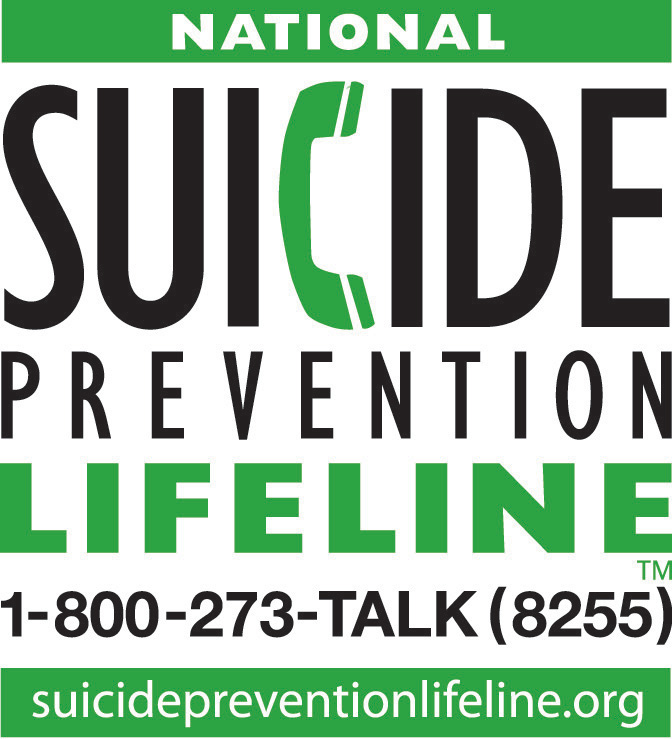I have the utmost empathy for anyone living with major clinical depression – especially treatment resistant depression.
I have a front-row seat to this illness and it is heartbreaking at times. Depression is devastating, awful and so very, very unfair. There are moments of joy, but also a whole lot of sadness.
Depression affects the whole family. The loved ones of a depressed person also suffer intensely from that person’s illness – but telling this to the depressed person is never a good idea, because that can only make them feel even worse.
A quick google search brings back dozens of articles about how to live with, support and help your loved one with depression. The advice in them is only somewhat helpful.
Bottom line, the answer is always love. Whether we’re talking about a life partner or child with depression – or BOTH as in my case – the answer is to love them as unconditionally as you possibly can.
You must accept and appreciate your loved one just as they are, depression and all. You have to get good at separating the person you love from their disease. You might get sad about how things are, or mad at the depression, but it’s best to try not to take it out on the person you love. It’s not their fault OR your own.
Above all, you have to accept the fact that you cannot change their depression, help pull them out of it or even make much of an impact on the illness at all, in many cases. Someone I love once told me that I can’t ever make their depression better, but I can at times make it feel worse. It’s on me to try hard not to do the latter.
An illness you can’t see
Just remember that depression is a chronic medical condition much like diabetes or cancer. Just as you wouldn’t expect yourself to cure a loved one’s medical illness, so you can’t have unreasonable or magical thinking around depression. It simply does not serve you or your loved one to think that way.
Give yourself plenty of grace if you’re the loved one of a person with depression. You are handling a lot.
Depression is a life-threatening illness and you’re right there in the heart of things – you may not have the disease yourself, but you’re a caregiver and that is a difficult and challenging gig. Be gentle with yourself, give yourself breaks and lots of self-care, and remember that none of this is your fault – just as it’s not the fault of your loved one.
Depression just is. As with other serious, hereditary medical conditions, it’s not fair who gets it. People with depression need someone to talk to – talk therapy with a licensed counselor, ideally – and they need empathy, understanding and compassion from their loved ones.
There are many new treatments for depression, and many more on the horizon, but it’s important to acknowledge that some people simply do not respond to therapeutic methods. That’s a really tough thing to accept – and it’s incredibly hard to keep trying different things just to have them fail – but sometimes this is the reality of depression.
Try to focus on gratitude and appreciate the things that are good. Remind your loved one constantly how much they mean to you and how unconditional your love is. Remember little things that make them happy so you can bring those out during dark times.
Listen to your loved one, ask if they want to talk about their depression or their feelings, and help create a peaceful, low-stress environment for them. Listen to soothing music, walk in a beautiful natural setting or soak in a hot tub or pool together.
The scariest part of all
Depression is a liar. Left untreated, depression will continually make your loved one feel hopeless and helpless. The disease of depression can progress to the point of thinking the only way out is to end their life.
The topic of suicidal thoughts is unbelievably scary to think or talk about as the loved one of someone with depression, but it is important that we face it head-on rather than avoiding or denying the possibility.
When you love someone with major depressive disorder, it is crucial to know the signs of worsening depression or possible suicidal ideation. Know the warning signs of suicide and be prepared to text or call a crisis helpline if you or your loved one need immediate assistance.
Courage, dear heart
Bottom line, if you are the caregiver of someone with major depressive disorder, you must be very brave. Try to live every day with intention and mindfulness in order to stay positive in the face of a serious, sad condition. Take care of yourself emotionally so that you can help take care of your loved one, too.
Allow yourself recovery days when you need them, practice self-care, surround yourself with positive friends and give yourself grace. This will help you to keep your bucket filled so that you can continually pour love and acceptance into your depressed loved one. They will always need more love, because depression is like a permanent hole in their heart that they, and you, cannot fill.
When in doubt, look to the Winnie the Pooh books and movies for a perfect example of how to love someone with depression. The character of Eeyore the donkey is a fairly accurate depiction of someone with major depressive disorder, and his friends love him unconditionally anyway. They invite him to things and accept him just the way he is – they never ask or expect him to change or act happy.
If you are living with and loving someone with depression, please feel free to reach out to me anytime on Instagram or Facebook. It’s not easy and no one knows this more than me. Our loved ones are worth it though, and we have to make sure they always know that! Hold fast to hope that one day a cure will be found; this helps me on dark days.





Comments
Comments are closed.